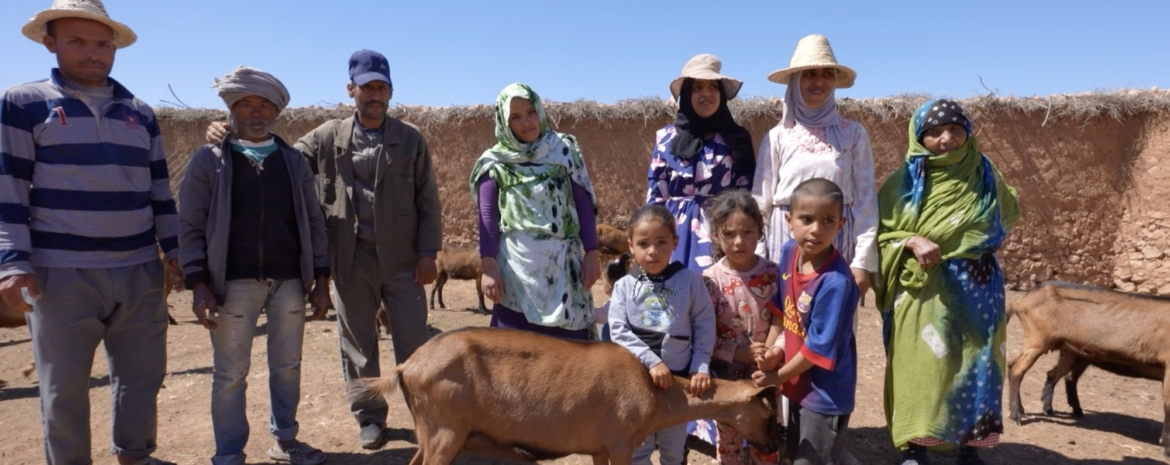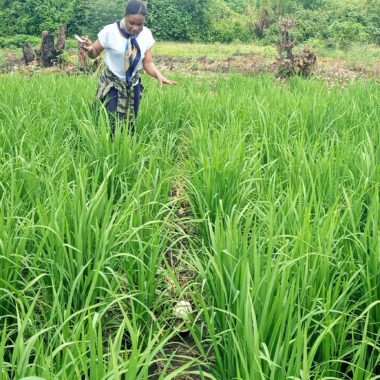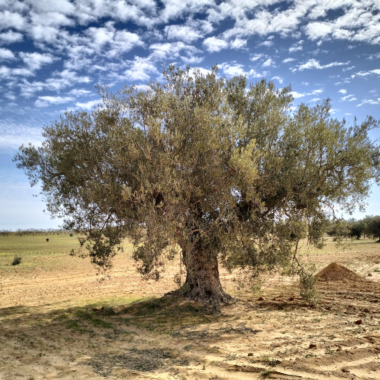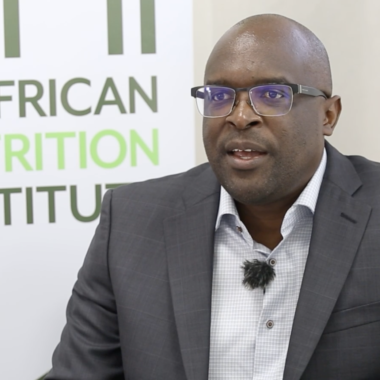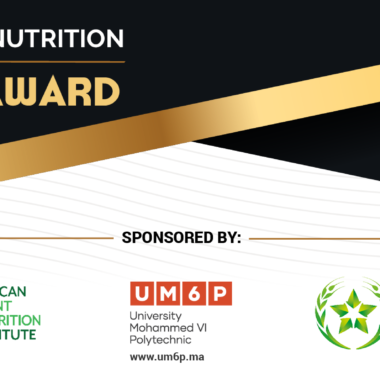Enhancing Resilience in Rhamna, Morocco via Upgraded Women-Managed Dairy Value Chains
The project titled Enhancing Resilience of Smallholder Farms in North Africa via Upgraded Women Managed Milk Value Chains directly addresses the problem of vulnerability of family farms in North Africa. These farms remain commonly exposed to a combination of forces caused by climate change, land degradation, and economic power and gender imbalances.
Through the span of this on-farm experimentation within an emerging system of women managed cooperatives in North Africa, the primary aim was to enhance the dairy value chain with commercial, social, or institutional interventions that can generate additional smallholder income through the development of practices more able to support a sustainable vision for this farming system.
New video documents positive change
A new video production developed in cooperation between APNI, UM6P College of Agriculture and Environmental Sciences, and R&D Maroc, describes the positive impacts generated from a range of novel strategies that have been targeted towards stronger local goat milk value chain and improved resilience for the region’s small farms.
Key results include:
Establishment of an innovative, climate resilient value chain for more intensive goat production through a combination of i) salt-tolerant forage species planted in association with annual legume and cereals, ii) irrigated forages, and iii) barley hydroponics.
-
- A drip irrigated system integrating blue panicum, berseem, barley, sorghum, and maize forage produced over 100 t/yr of fodder very capable of supporting goat herd sizes of 20 head per farm.
- An innovative hydroponic system for green barley fodder production provided a valuable supplement feed source for key times of the year that equaled 500 kg/day.
Improved milk productivity through guidance on herd and farm facility management that introduced pure milk-producing breeds, feed rationing according to adapted dairy goat standards, better goat shed layouts, and adoption of best practices for dairy hygiene and production.
-
- Women farmers demonstrated an increase in milk production from 0.3 liters/day/goat to 2 liter/day/goat.
- Farmers reported up to 50% reductions in on-farm costs associated with efficiencies gained via farm practice upgrades.
Improved cooperative governance as well as capacity building amongst women members for managing for climate change adaptation, awareness on entrepreneurship skills, and regulatory tools for cooperatives.
Technological change and capacity built through targeted training modules on good practices for managing livestock operations and awareness on producing, processing, and marketing perishable dairy products in high temperature climates for male and female farmers, engineers, technicians, and extension agents.
This integrated system establishes the potential for a highly diverse mix of fodder sources. Combined with good herd and business management skills, pressures on vulnerable grazing lands can be decreased through expansion of semi zero-grazing systems and farm productivity can be raised to levels better able to sustain growth.
The video can be streamed at this url : https://www.youtube.com/watch?v=rzW5gNMMec8
This project was supported in Morocco by the International Development Research Centre (IDRC) of Canada, the African Plant Nutrition Institute (APNI), Mohammed VI Polytechnic University (UM6P) College of Agriculture and Environmental Sciences, and R&D Maroc.

